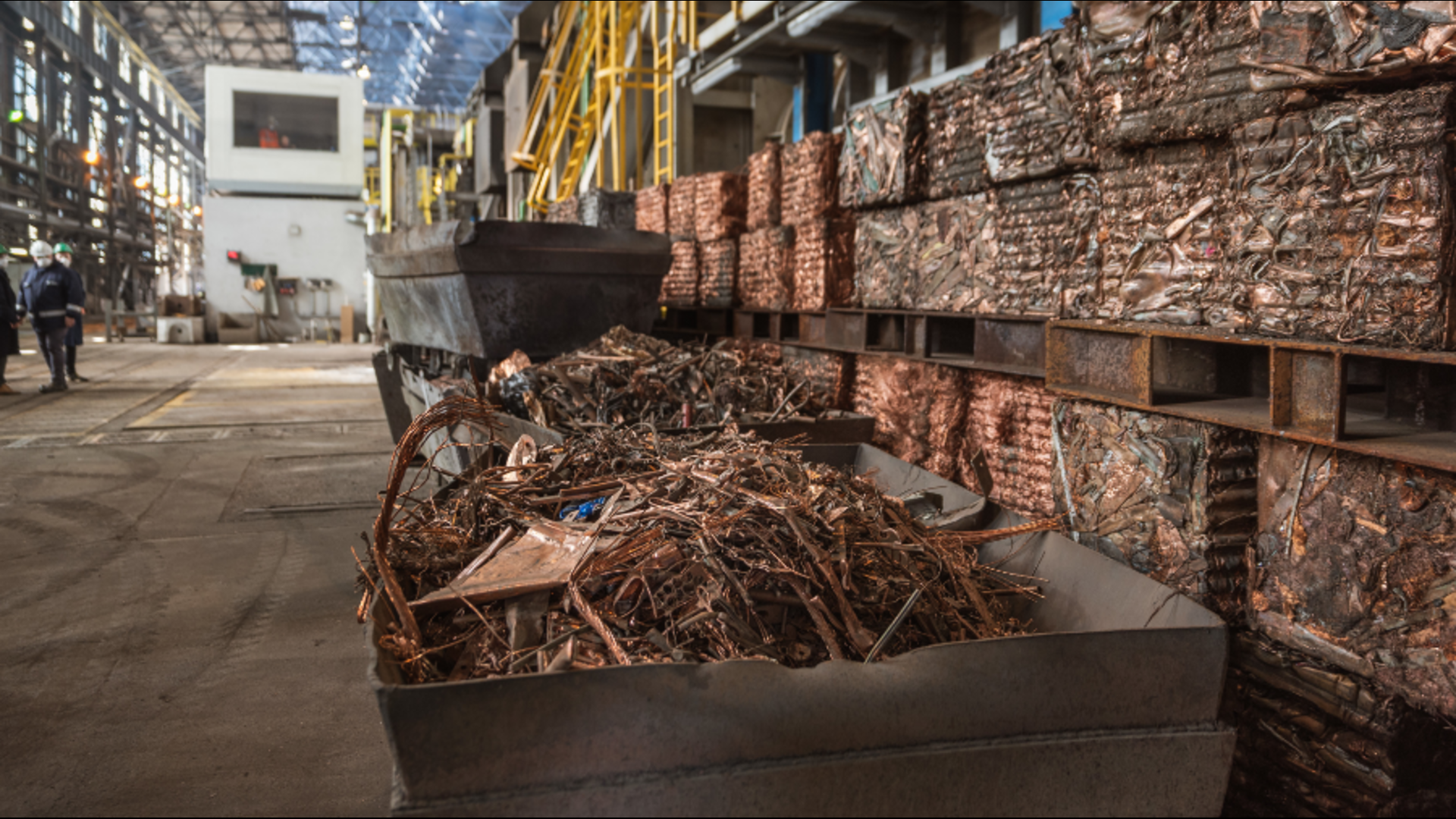Delhi woke up to “very poor” air quality on Tuesday morning, showing a slight improvement compared to the previous week’s “severe” levels, according to the Central Pollution Control Board. At 7 a.m., the Air Quality Index (AQI) was recorded at 382, placing it in the “very poor” category.
A thick layer of smog covered the National Capital as the Air Quality Index in several areas continues to remain in the ‘Very Poor’ category.
Meanwhile, the trains’ movement continued amid smog near New Delhi Railway Station.
The air quality index in the metropolitan city was reeling under the ‘severe plus’ category for 4-5 days in the past week.
An AQI between 0-50 is considered good, 51-100 is satisfactory, 101-200 is moderate, 201-300 is poor, 301-400 is very poor and 401-500 is severe.
Earlier on Monday, the Directorate of Education of the Delhi Government issued directions to all schools in the national capital to follow CAQM’s order.
“State governments in the NCR shall ensure that all classes up to 12th Standard are conducted in a ‘hybrid” mode, i.e., both in “physical” and also in “online” modes, wherever online mode is feasible in the territorial jurisdiction of the NCT of Delhi and the districts of Gurugram, Faridabad, Ghaziabad, and Gautam Buddh Nagar in the NCR,” said the CAQM order.
In compliance with the CAQM order, the Directorate of Education, Government of Delhi, has issued instructions to the heads of all government, government-aided, and unaided recognised private schools under its jurisdiction, as well as the NDMC, MCD, and Delhi Cantonment Board regarding conducting classes in hybrid mode for students of all classes with immediate effect until further orders.
This decision follows the Supreme Court’s order dated November 25 in the case of MC Mehta vs. Union of India, directing the CAQM to review GRAP restrictions in light of their impact on education. The court emphasised the need to prioritise education while raising several concerns.
Firstly, the court noted, “A large number of students are being deprived of the facility of mid-day meals as schools and anganwadis are closed.”
It further stated, “A large number of students do not have the facilities to take advantage of online education. Many educational institutions do not have the facilities to provide online education.” Additionally, the court observed, “The residences of many students do not have air purifiers, and therefore, there may not be any difference between children sitting at home and those attending school.”

















